There are many reasons why women are more susceptible to calcium deficiency than men. So what are the consequences of calcium deficiency in women?
Estrogen plays an important role in maintaining the balance between bone formation and bone destruction. During menopause, estrogen levels decrease, causing bone loss to increase, thereby increasing the risk of osteoporosis.
In addition, a woman's calcium needs increase during pregnancy and breastfeeding to support the growing baby. If the diet is insufficient, the body will take calcium from the mother's bones, thereby weakening the bones.
1. How does calcium deficiency affect women?
- Osteoporosis: A condition characterized by brittle and porous bones, it is one of the most significant threats of prolonged calcium deficiency. Osteoporosis often develops silently over many years.
Women with osteoporosis are at higher risk of fractures, especially in the hip, wrist and spine, which can lead to reduced mobility, chronic pain and reduced quality of life.
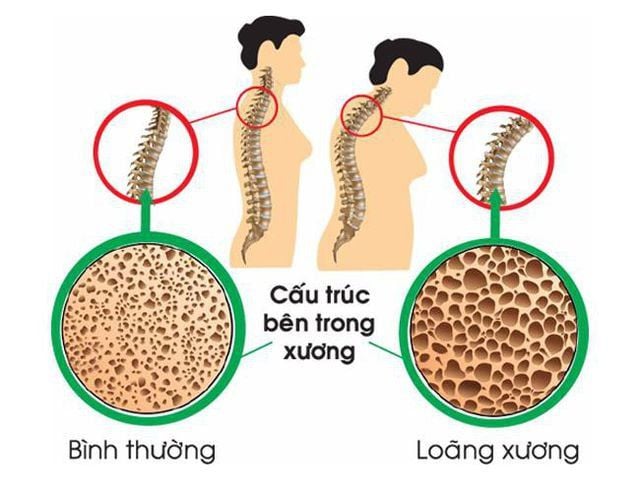
Osteoporosis is a potential risk when women lack calcium.
- Dental problems: Calcium is important for teeth. A lack of calcium can weaken the jawbone, leading to tooth loss, cavities, and gum disease. Many people do not realize that dental problems are related to calcium deficiency.
- Cardiovascular problems: Calcium is involved in controlling heart function. Calcium deficiency can cause an imbalance in blood calcium levels, which can affect heart rhythm, increasing the risk of cardiovascular diseases such as high blood pressure.
- Nerve and muscle problems: Low calcium levels can impair muscle contractions and nerve signals, causing symptoms such as muscle cramps, spasms, or weakness. Although these problems may not be obvious at first, they can progress if the deficiency is not addressed.
- Pregnancy: Calcium deficiency during pregnancy can lead to preeclampsia, a condition characterized by high blood pressure and damage to organ systems; can affect fetal bone development, increasing the risk of low birth weight or premature birth.
2. How to deal with calcium deficiency?
- A calcium-rich diet is a top priority for women to meet their daily needs. Some of the best sources of calcium are dairy products (such as milk, cheese, yogurt), green leafy vegetables (spinach), as well as fortified foods such as cereals and orange juice.
If dietary intake is inadequate, supplementation may be needed under medical supervision to minimize the risk of kidney stones or cardiovascular problems caused by calcium overdose.
- Vitamin D supplementation helps to absorb calcium better. In addition to adequate exposure to sunlight, women need to increase foods rich in vitamin D, such as fatty fish, egg yolks and vitamin D-fortified products...
- Bone density can be maintained with weight-bearing exercises such as walking, jogging, and strength training, which help reduce calcium-related bone loss.
- Reduce consumption of caffeine, alcohol and foods high in sodium because they hinder calcium absorption or increase calcium excretion.
- Bone density testing and regular health check-ups are also helpful in detecting early signs of calcium deficiency for timely intervention.
Dr. Hoai Thu
Source: https://giadinh.suckhoedoisong.vn/moi-nguy-hiem-tiem-an-khi-phu-nu-thieu-canxi-172241231214802413.htm


![[Photo] Prime Minister Pham Minh Chinh attends the event "Digital transformation of the banking industry by 2025"](https://vphoto.vietnam.vn/thumb/1200x675/vietnam/resource/IMAGE/2025/5/29/0e34cc7261d74e26b7f87cadff763eae)



![[Photo] Prime Minister Pham Minh Chinh receives leaders of Excelerate Energy Group](https://vphoto.vietnam.vn/thumb/1200x675/vietnam/resource/IMAGE/2025/5/29/c1fbe073230443d0a5aae0bc264d07fe)

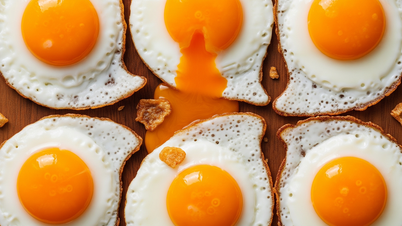

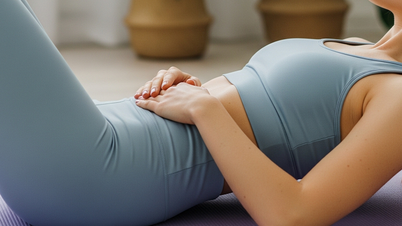
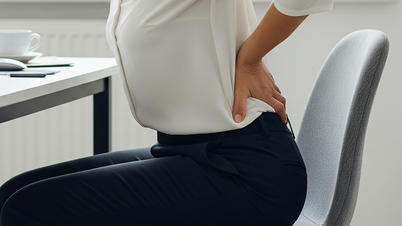
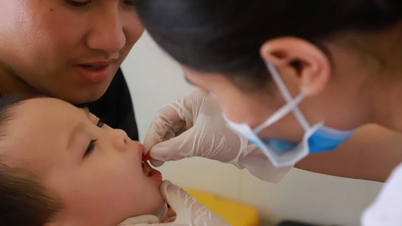



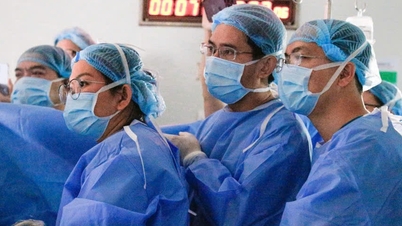















































































Comment (0)